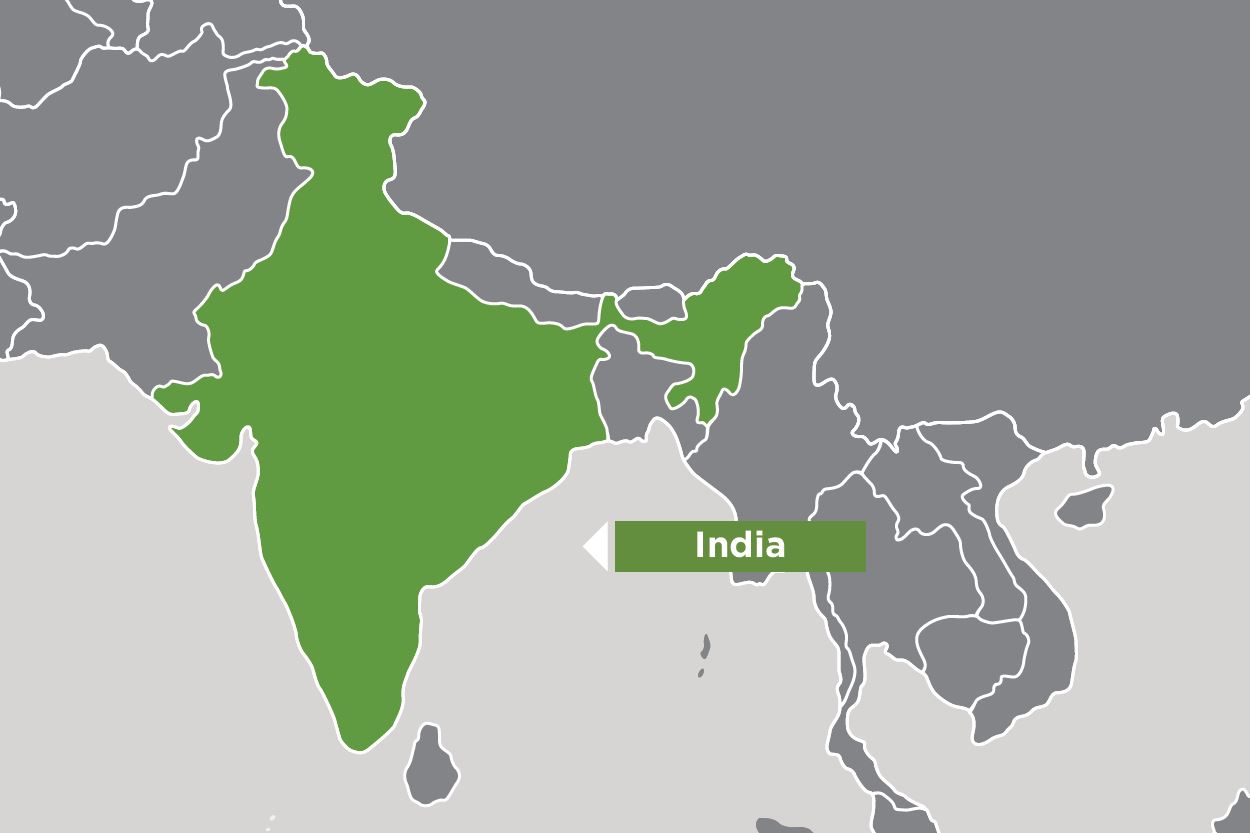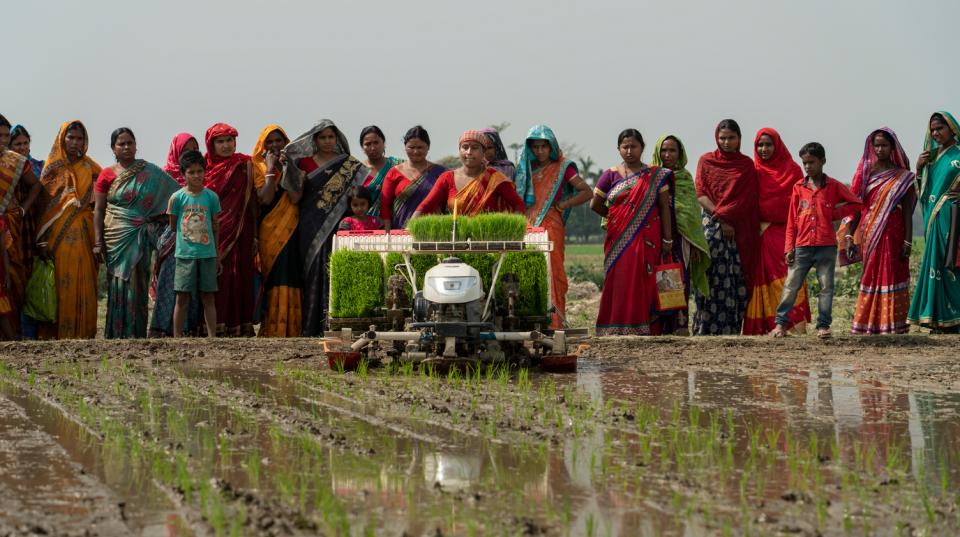Overview
This project aimed to promote more socially inclusive and environmentally sustainable agricultural intensification in West Bengal and Bangladesh, with an emphasis on water
Food production in India and Bangladesh has increased and intensified over the last 50 years. This is due largely to high-yielding crop varieties, better animal breeds and animal husbandry, aquaculture, fertilisation, mechanisation, irrigation, and pesticides. Agricultural intensification is increasing food production and meeting demand for food.
This has come at the cost of an increasing social disparity between more affluent land holders and socially disadvantaged groups such as landless or marginal smallholders, women-headed households, and tribal minorities. Affluent land holders are in a stronger position to capture the benefits and can better absorb the risks of agricultural intensification. Marginal groups are more exposed to unintended consequences of agricultural intensification.
Project outcomes
- Understanding how key social, institutional, economic and environmental factors affect livelihood risks, social exclusion, adverse incorporation and environmental degradation in agricultural intensification.
- Identifying opportunities to manage risk and promote social inclusivity and equity under different agricultural development scenarios using scenario and trade-off analysis.
- Promoting the development of socially inclusive, equitable and sustainable agricultural intensification policies and engagement processes.





